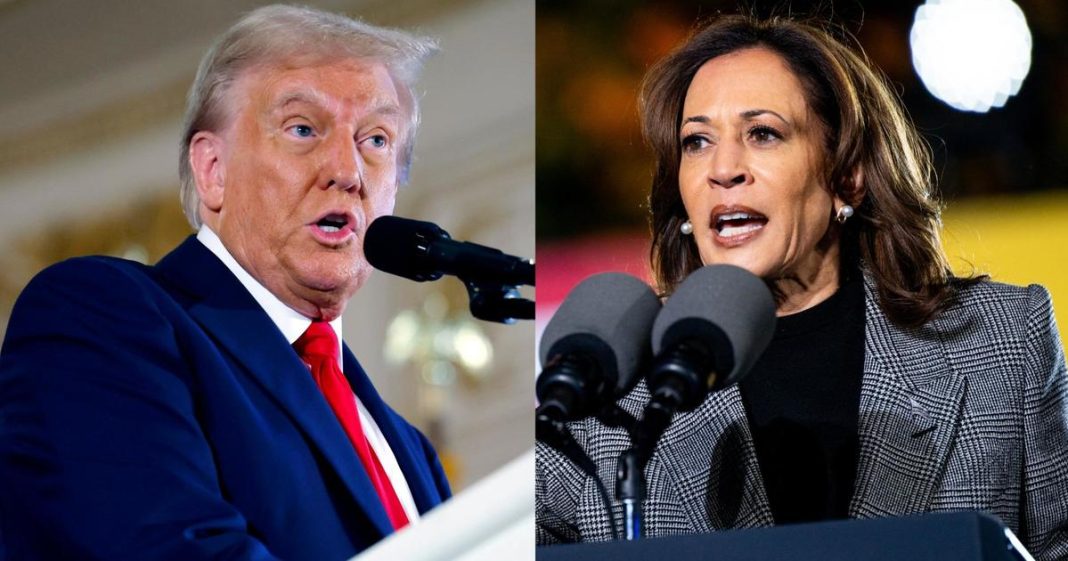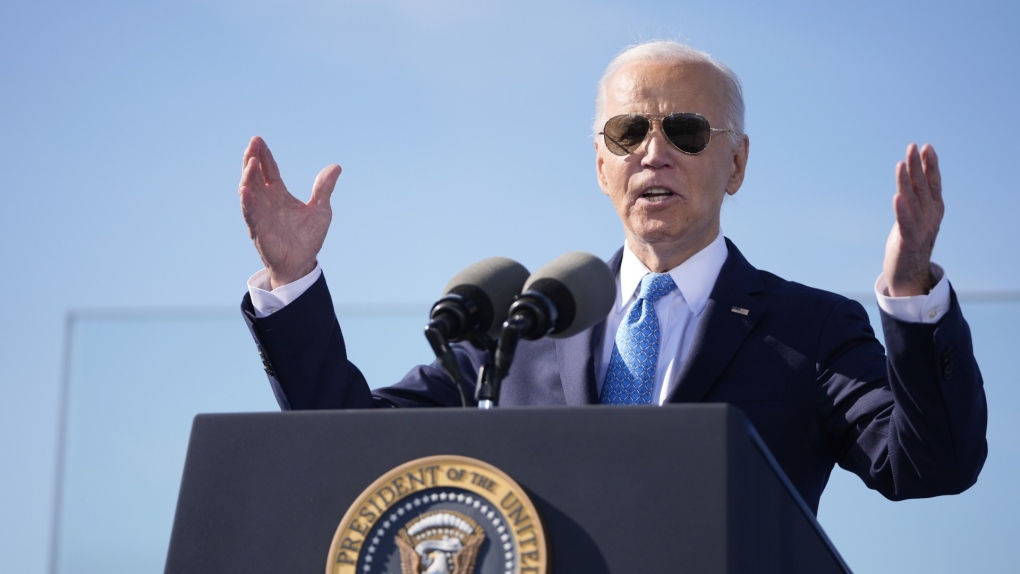Inflation Perceptions Could Shape 2024 Presidential Election in Battleground States
As the countdown to the November 5 presidential election intensifies, the economy and inflation have emerged as the top concerns for American voters. With Vice President Kamala Harris and former President Donald Trump locked in a tight race, how voters in key battleground states perceive inflation could be the deciding factor in this high-stakes contest.
Recent polling from CBS News indicates that inflation is at the forefront of voters’ minds, with many Americans ranking it as the most pressing issue alongside the economy. Bernard Yaros, lead economist at Oxford Economics, emphasizes that it’s not just the current inflation rate that matters, but how voters interpret their experiences with rising prices that could sway their votes.
Pennsylvania: A Crucial Battleground
Among the battleground states, Pennsylvania stands out as a potential tipping point. Yaros notes that voters in the Keystone State are particularly sensitive to inflation, with his research suggesting that a 1 percentage point increase in inflation can lead to tens of thousands of voters shifting their support from the incumbent to the challenger. This sensitivity may stem from Pennsylvania’s lower median household income of about $73,000, which is slightly below the national median, and its older demographic, with an average age of 41.
"Lower-income individuals tend to spend a larger portion of their income on essentials, making them more vulnerable to inflationary pressures," Yaros explained. "Additionally, older residents on fixed incomes are likely to feel the pinch from rising prices."
With recent CBS News polling showing a statistical dead heat between Harris and Trump in Pennsylvania, the election outcome may hinge on whether voters focus on the cumulative rise in prices since 2020 or the recent cooling of inflation, which has dropped to an annual rate of 2.4%.
The Sticker-Shock Model vs. Recent Trends
Yaros’ analysis reveals that if voters concentrate on the higher prices they are currently facing—what he calls the "sticker-shock model"—Trump could win Pennsylvania by over 90,000 votes. Conversely, if voters recognize the recent decline in inflation, Harris could secure the state by 70,000 votes.
This dynamic is not unique to Pennsylvania. Other battleground states, including Arizona, Georgia, and Wisconsin, could also swing in favor of Trump if voters there adopt a similar sticker-shock perspective. Historically, Americans have shown a stronger aversion to inflation than to other economic challenges, such as rising unemployment, making this issue particularly potent in the election.
The Misery Index and Voter Sentiment
Yaros also points to the "misery index," which combines the unemployment rate and inflation rate, as a potential predictor of voter sentiment. Currently, the misery index stands at 6.5%, below its historical average of 9.1%. A high misery index has often signaled vulnerability for the incumbent party, as seen in the 2020 election when the index reached 15%.
While inflation remains a critical issue, Yaros acknowledges that other factors, such as immigration and abortion, could also influence voter decisions. Interestingly, despite a generally negative outlook on the economy, consumer spending has remained robust, suggesting a disconnect between sentiment and behavior.
Conclusion: A Complex Landscape Ahead
As the election approaches, the way voters perceive inflation will play a crucial role in shaping the outcome in battleground states. With economic concerns dominating the conversation, candidates will need to navigate this complex landscape carefully. Whether voters focus on the pain of high prices or the relief of cooling inflation could ultimately determine who occupies the White House come January.
As we move closer to the election, all eyes will be on Pennsylvania and other key states, where the economic narrative will likely be a decisive factor in the race for the presidency.



